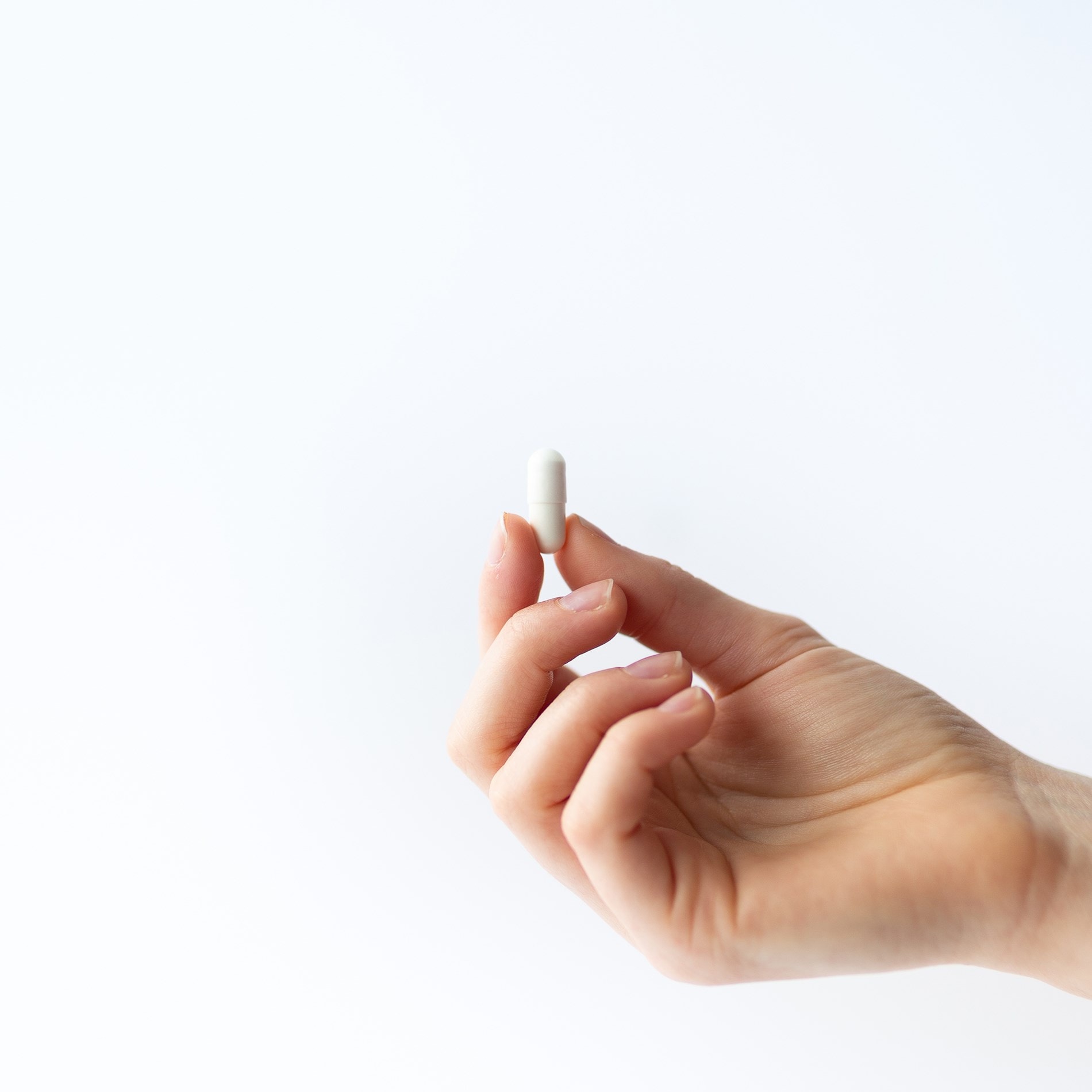How do you pronounce probiotic names?
Bacteria often have very long names! Read on to find out how to pronounce them correctly when asking for your favourite probiotic strain.
Probiotics are wonderful things, but they are notoriously tricky to pronounce!
If you are interested in learning more about the correct pronunciation, I have compiled a helpful chart (see below). Pronunciation can be helpful when looking for specific type of bacteria genus, species or strain, as it can all get rather confusing. Find out more about probiotics by reading the article: What are probiotics?
Before looking at the phonetic pronunciations of bacteria, it might be helpful to explain exactly where bacteria names come from. Bacteria names are usually derived from Greek or Latin words and the species are named according to their occurrence, role, any special characteristics etc. For example, Escherichia Coli: Escherichia (straight rod) coli (from colon), and Lactobacillus lactis: Lactobacillus (bacillus from milk) lactis (milk sugar - lactose fermented). To find out more about Lactobacillus bacteria, read this article: What is Lactobacillus?
Bacteria nomenclature (the method of naming) follows some simple rules; such as the species names always comes after the genus. So, how do we clarify genus and species? A genus is a group of related or similar organisms, and can be referred to as a 'family'. A genus contains one or more species.. Examples of probiotic genera include Bifidobacterium and Lactobacillus.
'Species' refers to a type of microorganism existing within a genus or family. For example, 'acidophilus' is the name of a species within the Lactobacillus genus. Different species within the same genus (eg. acidophilus and rhamnosus) are generally considered to be more closely related to each other than species from other genera (for example acidophilus is not closely related to the infantis species in the Bifidobacteria genus). Confused? I hope not! Stay with me...
See the chart below to help explain how to pronounce our bacteria names. I hope you find it helpful.
| Probiotic Genus | |||
| Spelling | How Do I Say It? | ||
| Lactobacillus | Lack-toe-bass-ill-us | ||
| Lactococcus | Lack-toe-kok-us | ||
| Bifidobacterium | Biff-idd-owe-back-tee-ree-um | ||
| Saccharomyces | Sack-a-row-my-sees | ||
| Probiotic Species | |||
| Spelling | How Do I Say It? | ||
| Acidophilus | Acid-off-ill-us | ||
| Lactis | Lack-tiss | ||
| Casei | Cass-eye | ||
| Bifidum | Biff-idd-um | ||
| Rhamnosus | Ram-no-sis | ||
| Longum | Lon-gum | ||
| Infantis | In-fant-iss | ||
| Breve | Breev | ||
| Paracasei | Para-cass-eye | ||
| Boulardii | Boo-lar-dee | ||
| Prebiotic | |||
| Spelling | How Do I Say It? | ||
| Fructooligosaccharides | Fruck-toe-oli-go-sack-a-rides | ||
Everyone is unique and may have their own slightly different way of pronouncing the probiotic names, especially when it's a mouthful like the prebiotic Fructooligosaccharides! But I hope this guide helps you to twist your tongue around some of the more long-winded names.
If you are interested in learning more about prebiotics, read the article: What are prebiotics?
To learn more about gut health and taking probiotics, read the following articles:
Gut health - all you need to know
Is it ok to take probiotics every day?
We hope this helps! Healthcare professionals can read more about Bifidobacteria, Lactobacilli and other species on the Probiotics Database.
Popular Articles
View all Probiotics articles-
Probiotics11 Oct 2023
-
Probiotics13 Oct 2023


